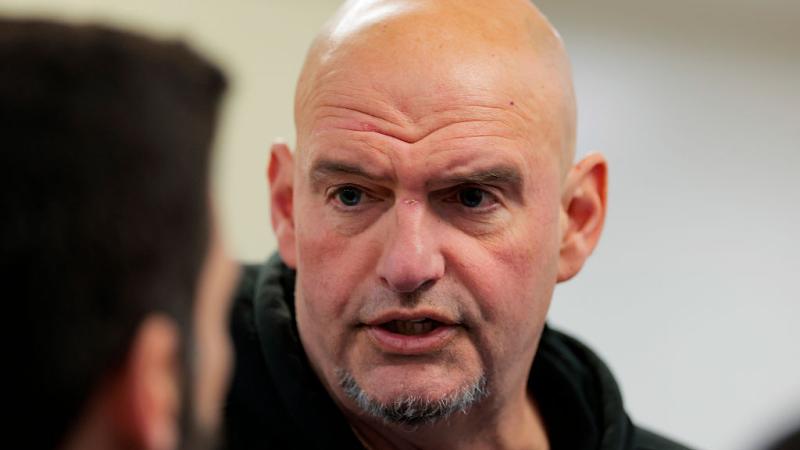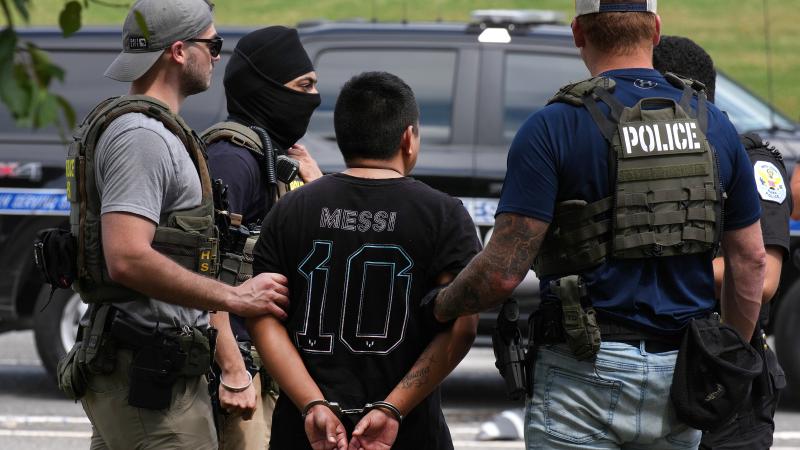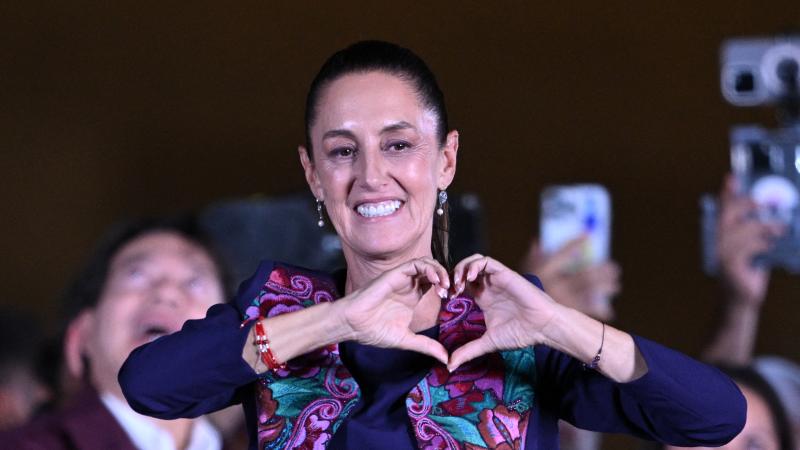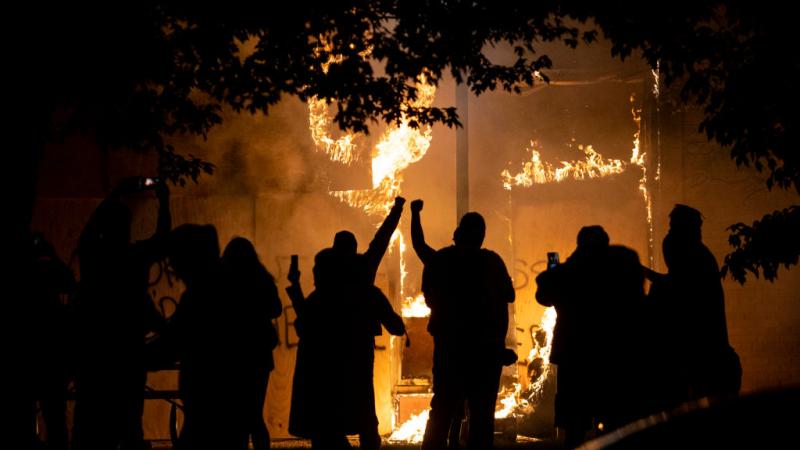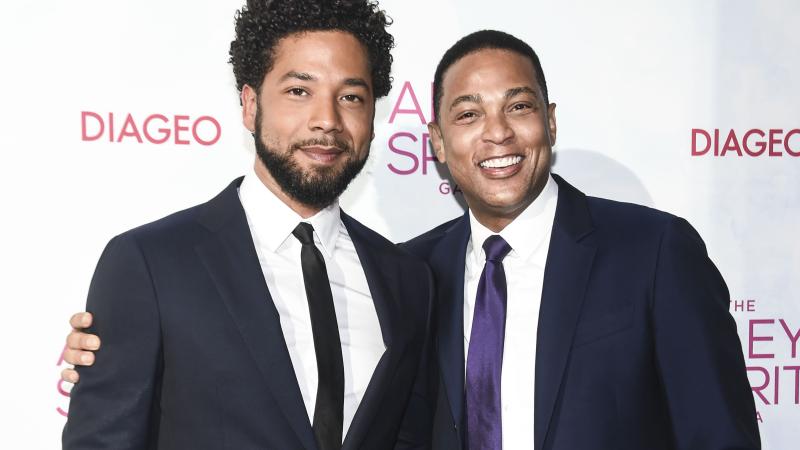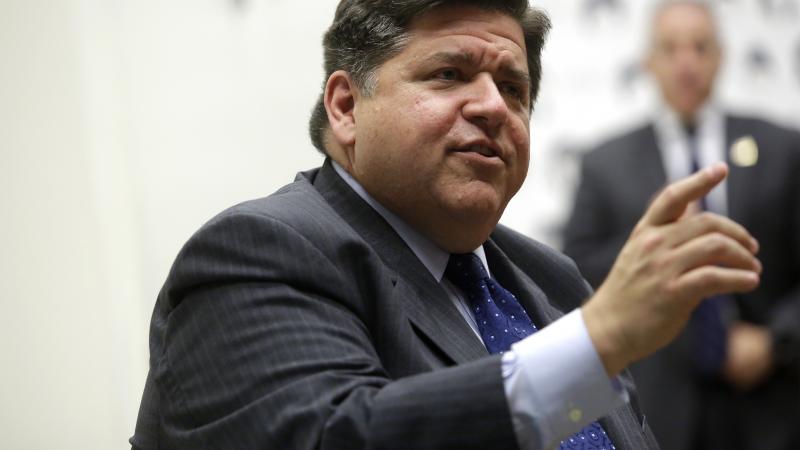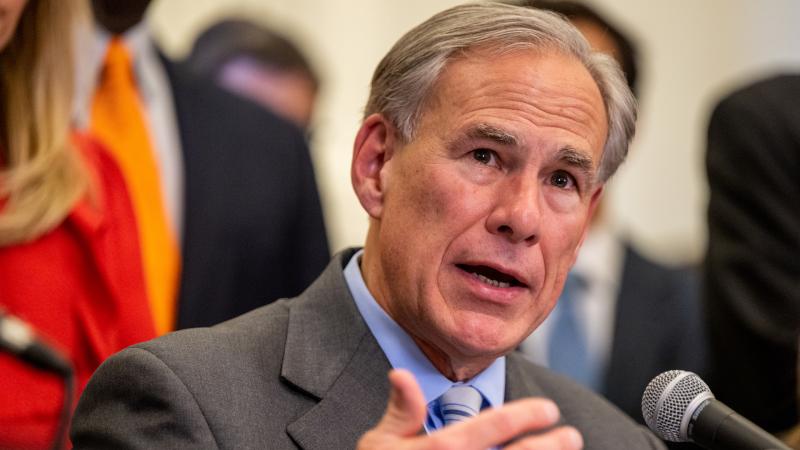College leaders return to Capitol Hill to testify on campus antisemitism
Tuesday's hearing will examine "Role of Faculty, Funding, and Ideology" in antisemitism across U.S. colleges.
College leaders will return to Capitol Hill on Tuesday to testify on concerns about continuing antisemitism on U.S. campuses and its underlying factors.
“We continue to see antisemitic hatred festering at schools across the country,” says Michigan GOP Rep. Tim Walberg, chairman of the House Committee on Education and Workforce, before which the leaders will testify. "While much of the discussion has focused on the devastating effects of antisemitism, this hearing will focus on the underlying factors."
Among the underlying factors he identifies are foreign funding and antisemitic student and faculty groups.
Those scheduled to testify are Robert M. Groves, interim president at Georgetown University; Felix V. Matos Rodríguez, chancellor at the City University of New York; and Rich Lyons, chancellor at the University of California Berkeley.
“Chancellor Lyons looks forward to testifying before the committee to share how the campus has been investing, and continues to invest, in resources and programs designed to prevent and address antisemitism on the Berkeley campus," Dan Mogulof, Berkeley spokesperson, told The Los Angeles Times.
He also said the campus is “committed to combating antisemitism and all forms of hate and has taken meaningful action to achieve this.”
The testimony Tuesday comes roughly 19 months after the leaders of Harvard University, the Massachusetts Institute of Technology and the University of Pennsylvania testified before the same committee about campus antisemitism and the related pro-Palestinian protests and sit-ins that followed the Israel-Hamas conflict that started Oct. 7, 2023.
During the Dec. 5, 2023, hearing, then-Harvard President Claudine Gay was questioned about whether calls for the genocide of Jews would violate the school's Code of Conduct.
Gay's response that it "can be, depending on the context" resulted in widespread criticism and calls for her resignation. She apologized for her remarks, saying "calls for violence against our Jewish community – threats to our Jewish students – have no place at Harvard."
She initially received support from the Harvard Corporation, the university's highest governing body. However, growing dissent about her testimony and plagiarism allegations led to her resignation as president about a month later.
Since then, President Trump has demanded initiatives from numerous colleges to rid campuses of antisemitism or lose federal funding.
